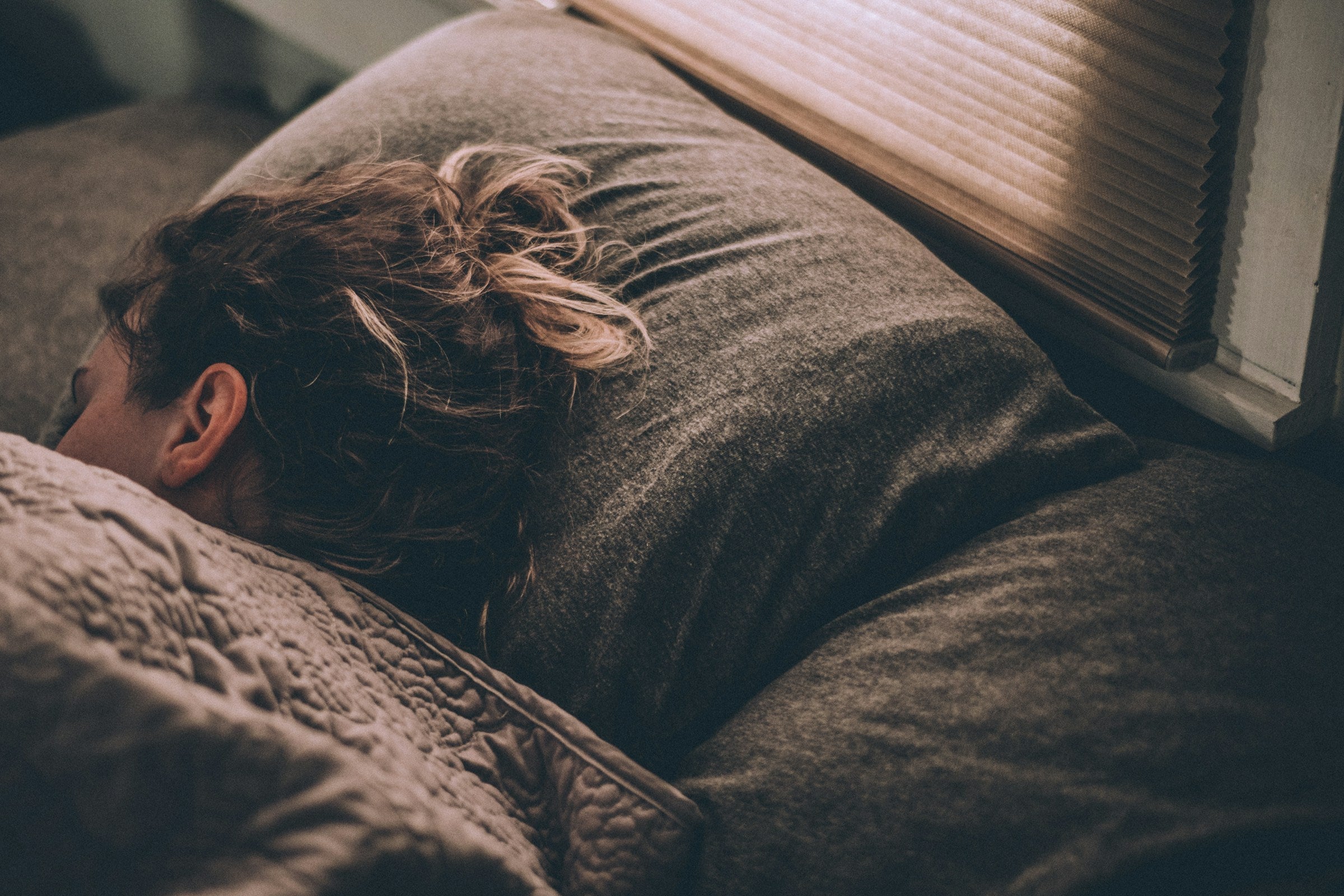These days, many people are looking for ways to improve their mental health. But if you’ve spent any time scouring the web for emotional wellness tips, then you know it can be tricky to figure out which ones are worth trying.
Massage is one popular way to soothe your body, reset, and relax. But are massages good for mental health? And if they are, what are the best ways to include them in your routine?
Below, learn everything you need to know about how massage helps mental health, along with some practical tips for getting started.
Are Massages Good for Mental Health? The Benefits
Here’s how massage helps mental health, broken down into four simple and powerful benefits:
1. Relieves Stress
Massage can activate your body’s relaxation response, which means your heart rate and breathing slow down, and your stress hormones decrease. Not only that, but it can help you focus on the present moment and experience the benefits of mindfulness.
With these effects in mind, massage makes it easy to better manage your daily stressors, ease physical tension, and calm your busy mind.
2. Boosts Mood and Happiness
Many people wonder, “Can massage help with depression or anxiety?” Or, “Can massage make you happier?”
While there’s no set-in-stone answer to these questions, research and personal stories on massage therapy for mental health are promising. Many people report walking out of their massage sessions feeling revitalized and happier. And some research even suggests that certain types of massage can bring a measurable boost in mood.
For example, one trial looked at how massage impacted mood and well-being in older adults. After four weeks of two 50-minute massages per week, participants reported improved:
- Anxiety and depression
- Vitality
- General health
- Positive well-being
- Perceived stress
It’s key to remember that massage isn’t a “cure-all” for mental health struggles, like anxiety or mood disorders. Instead, it can be a great complement to any treatments that your doctor recommends.
3. Promotes Healthy Sleep
When you’ve got a lot on your plate, it’s easy to overlook the importance of a good night’s sleep. But the truth is, getting enough Zs is vital to staying happy and stress-free.
In fact, research has shown that too little shuteye (less than six hours per night) is linked to more frequent feelings of mental distress.
Luckily, massage can promote relaxation and, therefore, help you sleep better every night. This means waking up more refreshed, less stressed, and more uplifted each day.
4. Offers Physical Health Benefits and Pain Relief
At some point in your life, you may have noticed that the health of your mind and body seem to go hand-in-hand. For instance, sometimes physical aches and pains take a toll on your mental well-being (and vice versa.)
Fortunately, massage therapy offers many benefits for your body, which could also positively affect your mind. Some of these benefits include:
- Pain relief
- Lower blood pressure
- Better circulation
- Decreased muscle tension
How to Self-Massage for Mental Health
So, how can you make massage a regular part of your self-care routine?
Well, there are many ways to receive a massage — but your best bet is to pick a method that you’ll stick to. For some people, this means weekly appointments with a masseuse. But for others, it means investing in a high-quality home massage unit.
With that in mind, here are the three popular ways to receive massages for mental health:
- Weekly or monthly visits to a massage therapist or spa.
- Easy at-home self-massage techniques, performed either by yourself or a partner. You could also use aromatherapy and soothing music to boost the emotional benefits of these techniques.
- Using a medical massager like the MedMassager Body Massager Plus each day after work or before bed.
Common Questions About Massage and Mental Health
Below are some answers to common questions on massage therapy and mental health.
Is Deep Tissue Massage Good for Anxiety?
Deep tissue massage can help with feelings of anxiousness, but it’s not always the best stress-busting remedy for everyone. Instead, it’s most helpful for specific musculoskeletal issues, like specific sports-related injuries or chronic tightness.
Can Reflexology Help Mental Health?
Many people wonder whether reflexology, a type of massage that targets pressure points, can help mental health.
The short answer is yes — for some people. Some research has shown that it can alleviate stress, boost mood, and even promote better sleep. This doesn’t mean it’ll work for every single person, but if reflexology sounds interesting to you, it’s certainly worth a try.
Getting Started
Massage therapy offers a range of benefits for your emotional well-being — including a decrease in stress, more restful sleep, and even a boost in your mood. And when you experience these benefits, you might find that it’s a powerful and worthwhile addition to any self-care routine.
To get started with healing massage at home, check out MedMassager’s line of massage units or learn more about their benefits today.



